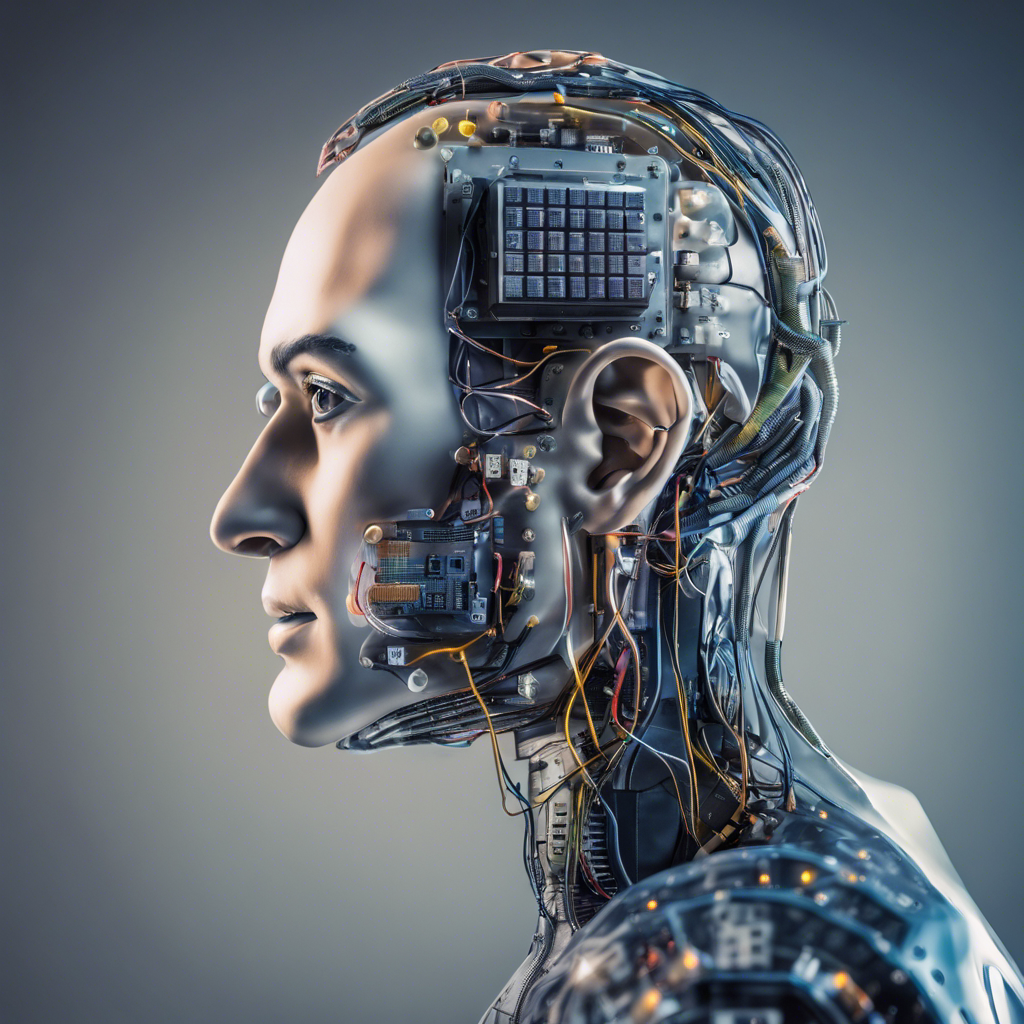The Rise of Brain-Computer Interfaces: A New Frontier in Technology and Ethics

Non-invasive BCIs offer hope and promise for everyday users, but raise ethical concerns about privacy and personhood.
In a world where technology continues to push boundaries, brain-computer interfaces (BCIs) are emerging as a groundbreaking innovation. These devices, which read brain signals and translate them into commands, have the potential to revolutionize the way we interact with technology. Startups like AAVAA are leading the charge in bringing non-invasive BCIs to the consumer market, offering products such as headbands, AR glasses, and headphones that seamlessly integrate our brains with the devices around us. While BCIs hold immense promise for people with disabilities and limited mobility, they also raise important ethical questions about privacy, security, and the very essence of our humanity.
Work All Day, Sleep All Night
At the 2024 Consumer Electronics Show, BCIs took center stage, showcasing their potential beyond device control. Wearables like the Frenz Brainband promised to improve sleep quality by measuring brainwaves, heart rate, and breathing to provide AI-curated sounds and music that aid in falling asleep. The headband’s bone conduction technology delivered soothing beats, automatically fading out as the user dozed off. Similarly, the MW75 Neuro headphones from Master and Dynamic aimed to enhance productivity by reading the brain’s electroencephalogram (EEG) signals and alerting users when their focus waned. While these innovations offer practical benefits, they also reflect a culture obsessed with work and productivity, raising important questions about the impact of such technology on our lives.
An Ethical Minefield
BCIs have traditionally required invasive surgeries, but non-invasive options like AAVAA’s headbands and headphones open up the technology to a wider audience. While this accessibility is promising, it also raises concerns about privacy. BCIs have the potential to access and collect intimate data from our brains, which can be used in ways that compromise our privacy and autonomy. The fear of workplace discrimination based on neural signals, as highlighted in a 2017 review, is a valid concern. Although AAVAA claims not to have access to individual brain signal data, the history of tech companies mishandling user data raises red flags. The integration of technology with the human brain brings up questions about personhood as well. As we gain the ability to control devices as an extension of ourselves, it challenges our understanding of what it means to be human.
Balancing Benefits and Concerns
Despite the ethical considerations, the benefits of BCIs are undeniable, particularly for individuals with disabilities. BCIs offer increased autonomy and mobility, allowing users to control their environment through their thoughts and facial expressions. The technology transcends physical limitations, opening up a world of possibilities for those in wheelchairs or with limited motor function. Naeem Kemeilipoor, founder of AAVAA, compares BCIs to the “internet of humans” and believes they will become as ubiquitous as fitness trackers. However, as BCIs become more prevalent, it is crucial to ensure that we do not lose sight of our humanity and the values that make us who we are.
Conclusion:
The rise of brain-computer interfaces represents a new frontier in technology, promising to enhance our lives in ways we never thought possible. From controlling devices with our thoughts to improving sleep quality, BCIs offer a range of benefits. However, ethical concerns surrounding privacy, security, and the potential loss of our humanity must not be overlooked. As these devices become more popular, it is essential to strike a balance between innovation and safeguarding our values. BCIs have the power to transform lives, but we must navigate this uncharted territory with caution, ensuring that technology serves us rather than the other way around.

